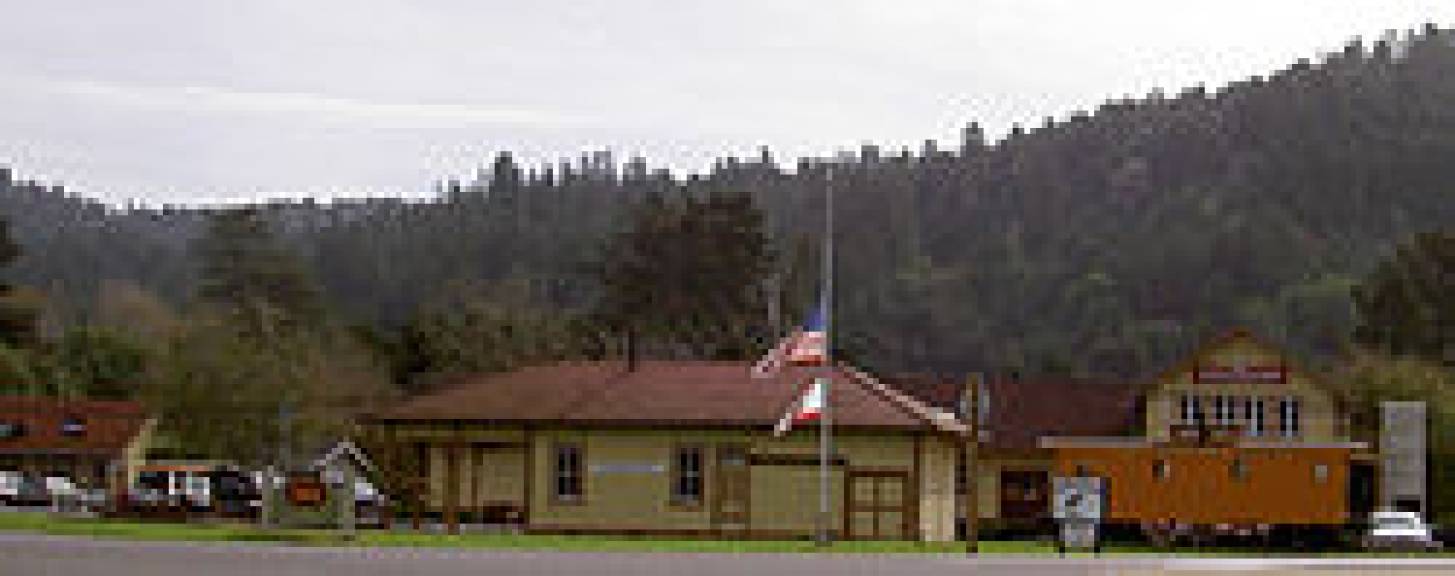Duncans Mill, CA Local Info

Duncans Mills along Highway 116 is a must-see little art village on the Russian River. Despite its small size, with a population of just 175, Duncans Mills boasts a variety of shops, from unique gift boutiques and antique stores to art galleries.
Worldly Goods offers treasures sourced from around the globe, while Pig Alley showcases American-made crafts and jewelry, including a striking collection of "leaf leather" handbags and designer "watchcraft" wristwatches. At Studio Nouveau, indulge in exotic chocolates and browse the world's largest collection of Liquid Metal Jewelry.
Antique enthusiasts will delight in the offerings at Jim & Willie's Antiques and Collectibles and Antiquarian, where Floribunda also presents beautiful and unusual cut flowers, including locally grown Protea.
When hunger strikes, Duncans Mills has you covered. Sip on the tea of the day at Duncans Mills Tea Shop, paired with locally sourced treats, or savor a specialty coffee drink and fresh pastries from Gold Coast Coffee and Bakery. For heartier fare, Cape Fear Café serves up California cuisine with a Southern twist, while the Duncans Mills General Store offers deli delights and other grocery essentials.
If you're in the mood for some entertainment, head to the Blue Heron Restaurant & Tavern for live music and a cozy rustic atmosphere. Alternatively, unwind with a glass of wine on the patio at Sophie's Cellars, where you can sample limited-production wines from Sonoma County.
History seekers will appreciate that the town takes its name from Samuel and Alexander Duncan, brothers who established a lumber mill here in the early 1870s. Once a stop on the Northwestern Pacific Railroad to Sausalito, Duncans Mills attracted travelers who came to frolic along the Russian River.
Today, south of Highway 116, The Depot Museum beckons visitors, housed in a charming 1907 railroad depot. Nearby, restored Northwestern Pacific railway coach cars, boxcars, and a caboose from the last train to Duncans Mills in 1935 offer a glimpse into the area's past.